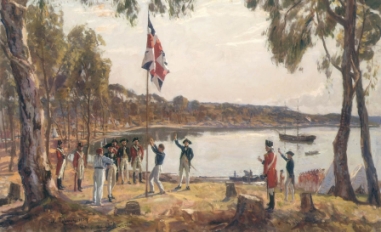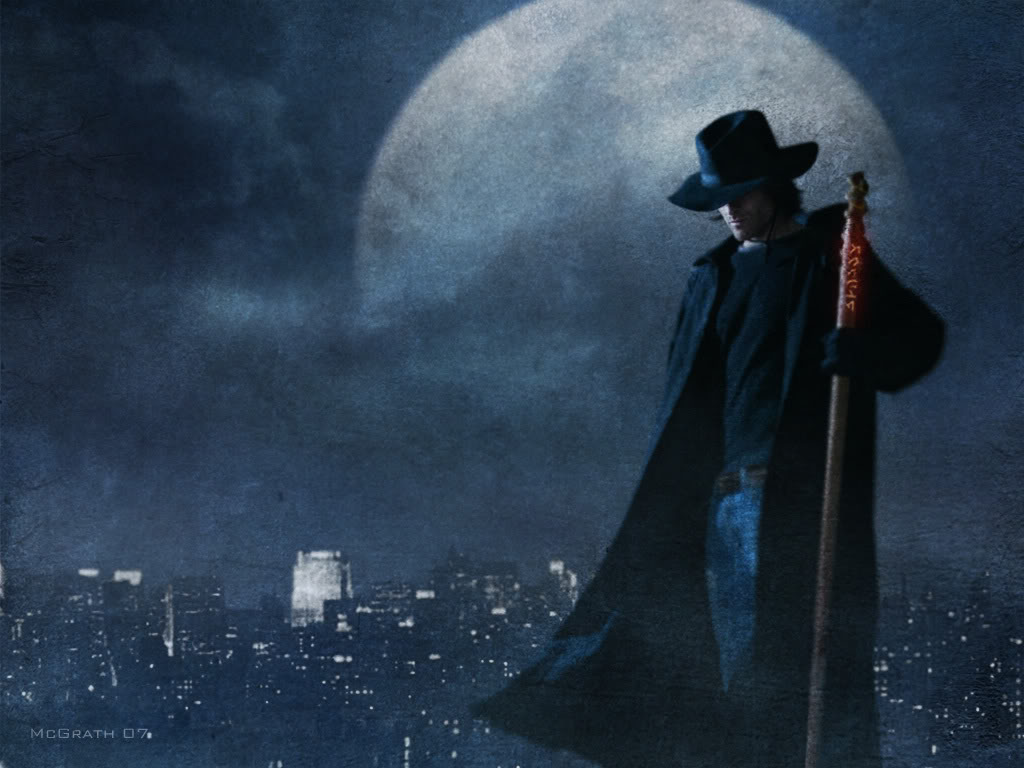 |
| Image sourced from here |
The book is essentially looking at 12 main characters. They all live a West Coast New Zealand town, Hokitika, which is a gold rush town. People have moved around the world in the 1800s chasing gold, and settled in New Zealand. All of these men occupy different roles in this gold rush town and this book tells their story around a particular day. They recount this day to a 13th man. There are another 7 characters that influence and feature in this story. They are all described to you in a neat character table in the front as you would describe astrological entities. It sounds like a lot of people, but at over 800pp not really. If you get lost in the first part just flick back to this chart. I did and it fell back into place. But really, you get to know them all rather well.
This book is a work of art. I do not mean that in a trite saying way. I mean it is literally and intricately crafted and artistically thought through every step of the way. There is stuff I know I do not understand, and another reading may divulge that, but I think I wouldn't enjoy a second reading as much for reasons below. Particularly, the star charts used through out the book. I could work out who would be the main influences in the parts but not the intricacies. I understood that the moving of the stars through time of the different parts influenced the behaviours of the characters somewhat. In fact I could see how the stars influenced the characters, with them being sympathetic and trustworthy in the first part, but as their stars changed so did they, and you couldn't quite tell who to completely believe. It was clever, shifting suspicion to multiple people realistically. However, I didn't get a lot of the individual chapter names, in fact by the end I stopped reading them. But always read the chapter summaries.
I was describing the book to a few people the other day, both online and in real life. The book for me is like a spiral. Or a seashell. You start at the most outmost edge and you follow the ridge further and further in. This is what the book is like. You start at the periphery and get drawn further and further in, with more things exposed and revealed to you the closer you get to the centre. To begin with, it's true, it doesn't quite make sense. And they choose some of the most unsympathetic characters as your introduction. But the more you get in, the more you want to know. You get tighter and tighter towards the reasons, the truths and the characters and their motivations.
Honestly, I thought that she would drop all, if not some, of the balls. Everyone interacts with everyone in their own ways and their own stories. That's 20 factorial storylines! That's a hell of a lot of storylines. But she doesn't drop one! It's astounding.
I will admit I was wondering what the last few parts were about. Then there are more and more subtle reveals. Until the very last page...
This is, for me, an amazing novel. I am astounded how well constructed the whole thing is. And due to holidays, I devoured it. I would have been done days ago if it wasn't for stupid work. This well and truly surpasses all the other Bookers I have read. It actually deserves that damn prize. Read it. Read it now.












